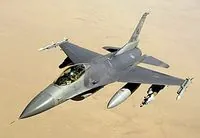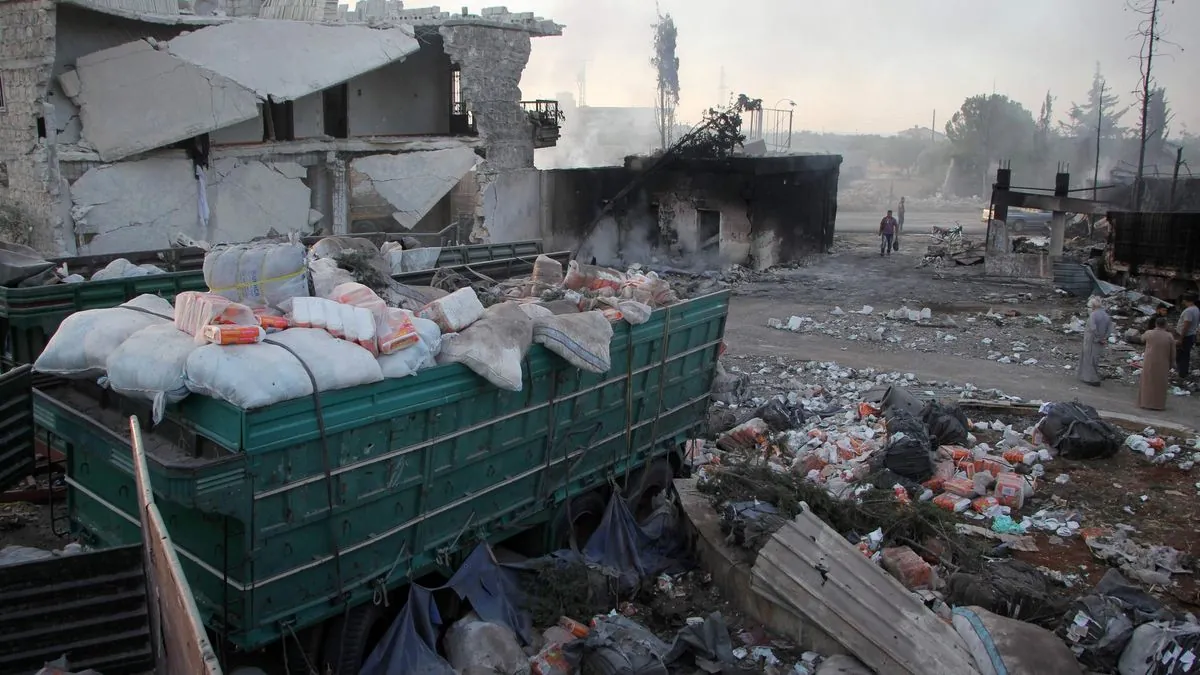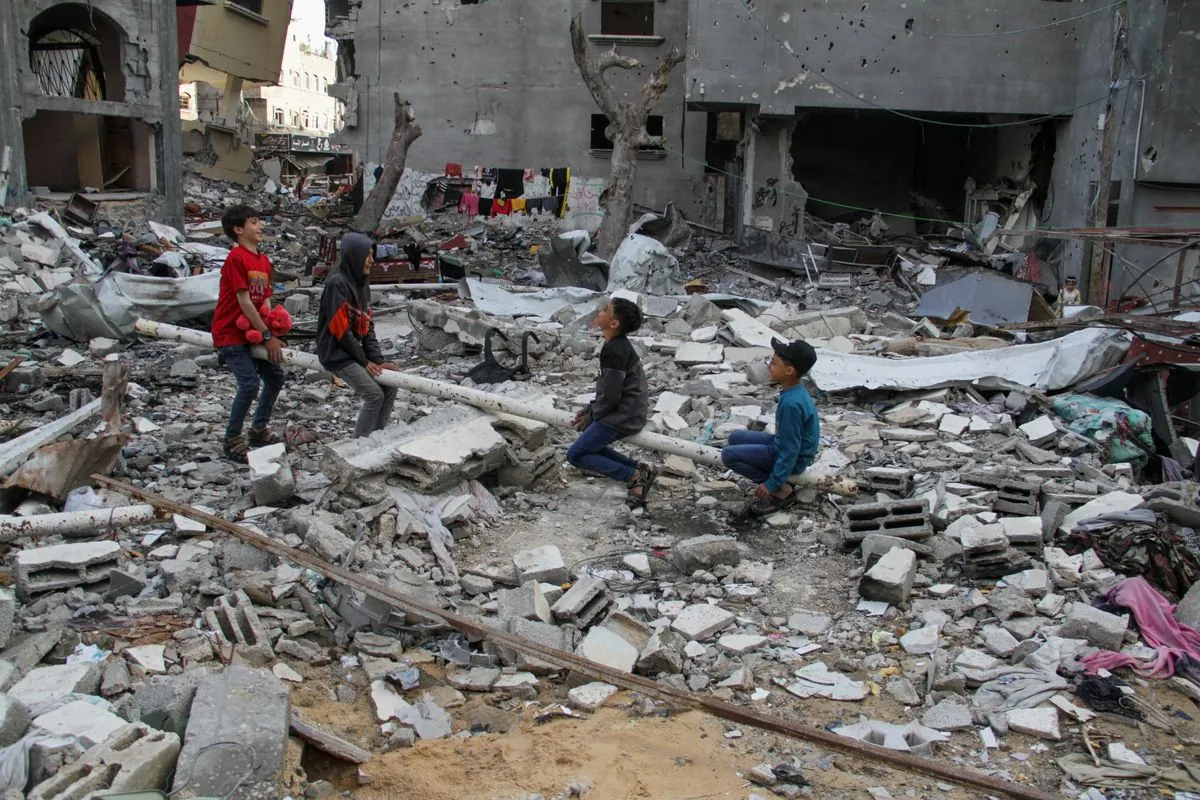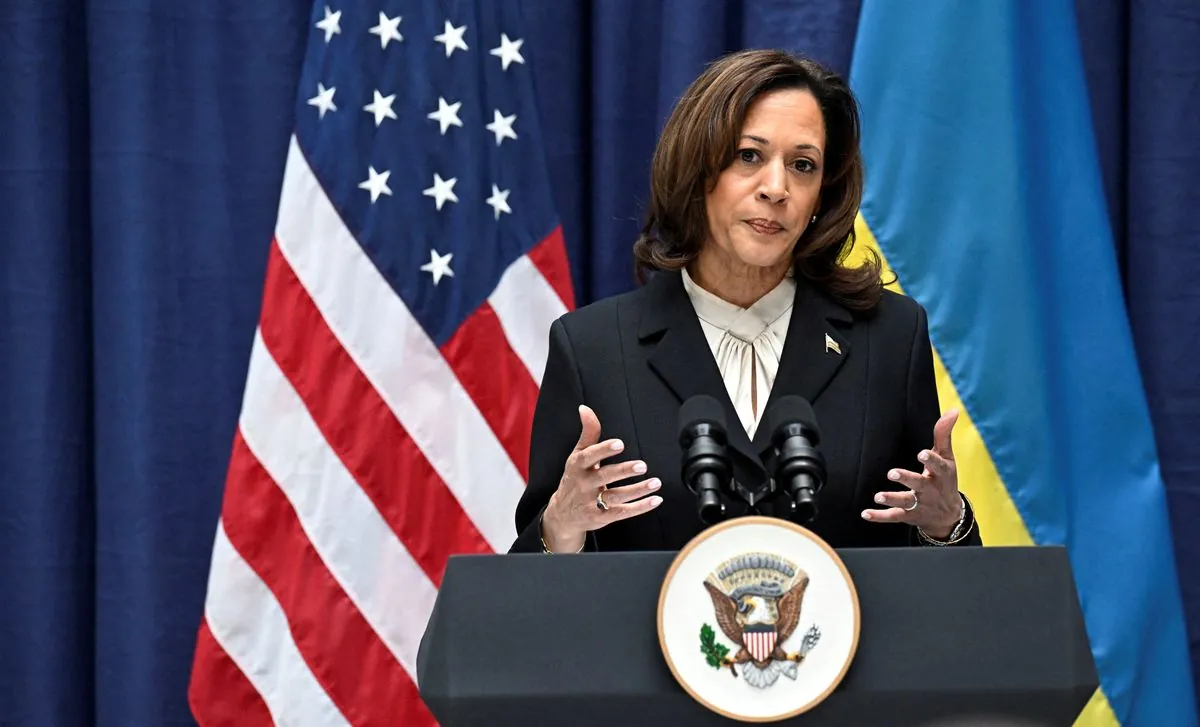US Urges Caution as Israel Weighs Response to Iran Amid Regional Tensions
US warns of potential miscalculations from military pressure in Lebanon and Gaza. Israel coordinates with US but maintains decision-making independence. Efforts for ceasefire continue amid escalating violence.
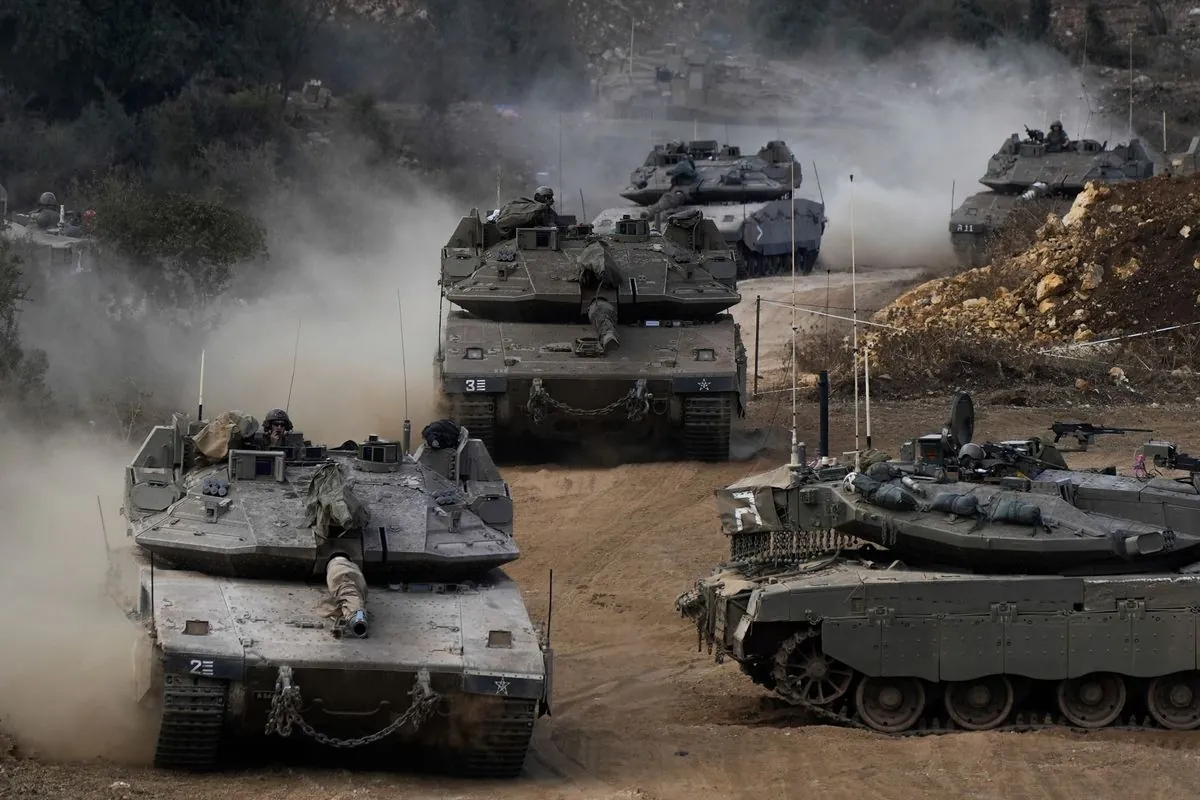
The United States government has expressed concern over Israel's intensified military operations in Lebanon, cautioning that while military pressure can facilitate diplomacy, it may also lead to unintended consequences. This statement comes in response to Israel's recent heavy bombardment in Lebanon, which has significantly escalated regional tensions.
Israeli forces have conducted air strikes on Beirut's southern suburbs, while simultaneously launching a new incursion in northern Gaza. These actions have resulted in numerous casualties and displacements, further complicating the already volatile situation in the region. The area has been on high alert following Iran's missile attack on Israel last week, which was carried out in retaliation for Israel's escalations in Lebanon.
A U.S. State Department spokesperson emphasized the delicate balance between military pressure and diplomacy, stating, "Military pressure can at times enable diplomacy. Of course, military pressure can also lead to miscalculation. It can lead to unintended consequences." This statement reflects the complex dynamics at play in the region, where Lebanon gained independence from France in 1943 and has since been a focal point of regional conflicts.
Yoav Gallant, Israel's Defense Minister, told CNN that Israel is coordinating its response to Iran with the United States but maintains its right to make independent decisions. "Everything is on the table," Gallant was quoted as saying, indicating the potential for further military action.
The United States has reiterated its support for Israel's efforts to target extremist groups like Hezbollah, a Shia Islamist political party and militant group founded in 1985. However, Washington has emphasized that it does not condone the targeting of civilians or civilian infrastructure. The Israel-Lebanon border, known as the Blue Line, has been a point of contention since its establishment by the UN in 2000.
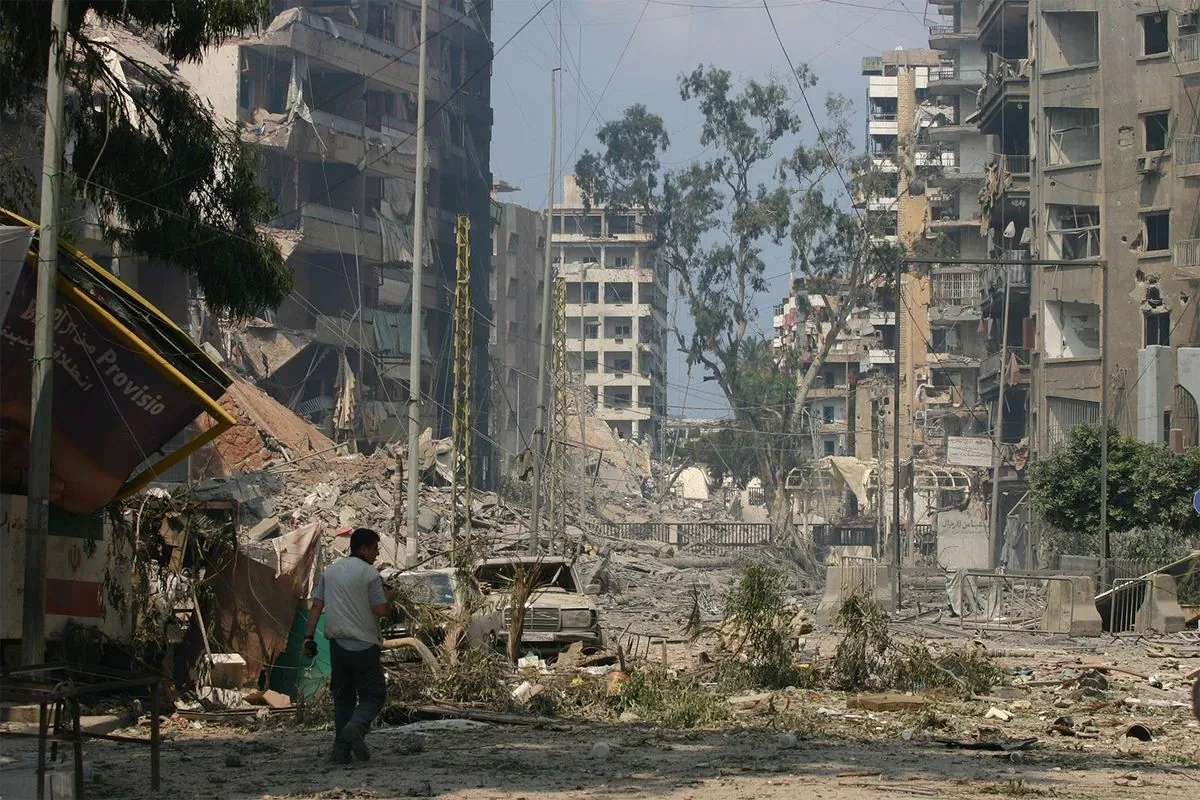
Efforts to achieve a ceasefire in both Lebanon and Gaza have been ongoing. In late September 2024, the United States and France proposed a 21-day ceasefire for the Israel-Lebanon border. However, these initiatives have yet to yield significant results. The Gaza Strip, under an Israeli-Egyptian blockade since 2007, continues to face severe humanitarian challenges.
The recent escalation in Lebanon has resulted in hundreds of deaths, thousands of injuries, and the displacement of over one million people. Israel maintains that its operations are targeting Hezbollah, which took control of Gaza in 2007 after winning elections in 2006.
French President Emmanuel Macron has called for a halt to arms shipments to Israel, a suggestion that Israeli officials claim would serve Iran's interests. The ongoing conflict has its roots in the complex history of the region, including the UN partition plan of 1947 and subsequent wars and uprisings.
The current crisis was triggered on October 7, 2023, when Hamas attacked Israel, resulting in 1,200 deaths and the taking of approximately 250 hostages, according to Israeli reports. Israel's subsequent military campaign in Gaza has led to nearly 42,000 Palestinian casualties, as reported by the local health ministry. This has resulted in widespread displacement, a severe hunger crisis, and allegations of genocide at the World Court, which Israel denies.
As the situation continues to evolve, the international community remains focused on finding a diplomatic solution to the crisis. The United Nations Security Council has passed numerous resolutions regarding the Israeli-Palestinian conflict, highlighting the ongoing global concern for the region's stability and the urgent need for a peaceful resolution.
"We have been clear and consistent that further escalation is in no one's interest. Every civilian casualty is one too many."
The path forward remains uncertain, with both military and diplomatic options being weighed carefully by all parties involved. The international community continues to call for restraint and a return to negotiations, emphasizing the importance of protecting civilian lives and working towards a lasting peace in the region.

























